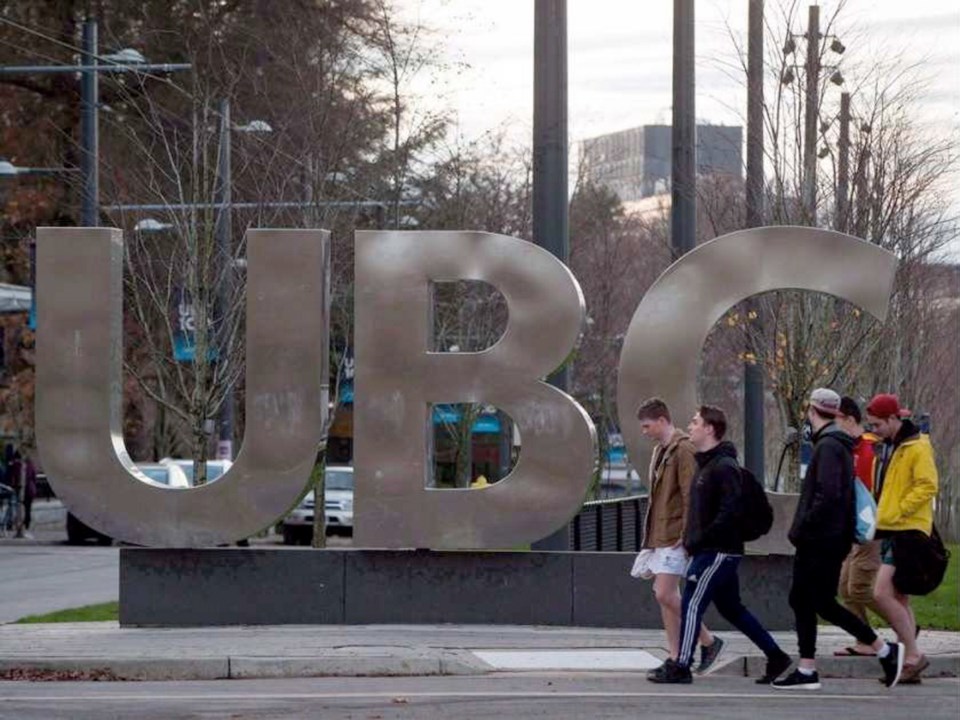A national academic group has banned a man from attending its annual meeting for three years after a probe found he showed “unconscious bias” against a black scholar who faced false allegations of stealing a laptop.
The Federation for the Humanities and Social Sciences hired a human-rights investigator after Shelby McPhee told the story of his treatment during the June 2 meeting at the University of British Columbia.
According to a report released Wednesday by the federation, a white man attending the congress questioned McPhee’s right to be on campus, took photographs of the 26-year-old student and “implicitly accused him, without justification” of stealing his laptop.
“I think a three-year suspension gives the individual time to consider his actions. After careful consideration, redemption should be available to everybody,” McPhee, a graduate student in political science at Nova Scotia’s Acadia University, said in an interview Thursday. “It’s a step in the right direction.”
The human-rights lawyer who investigated the incident found the respondent, who is not named, discriminated against McPhee on the basis of race. The actions also breached the federation’s code of conduct on harassment, including “stalking, following, harassing photography or recording,” the report added.
In a statement, the federation said the investigator found that the respondent “subjected the scholar to heightened suspicion and scrutiny and, in doing so, acted from ‘unconscious bias against him as a black man.’ ”
McPhee said a woman who was also involved in the incident wasn’t a conference delegate and therefore wasn’t subject to any potential sanctions from the federation.
In addition to the suspension, the federation says it is requiring the respondent to show he has taken steps to increase his awareness of white privilege and its consequences before he’s allowed back at the congress.
McPhee’s statements about the incident were initially published by the Black Canadian Studies Association, which noted in an open letter that the RCMP arrived on the UBC campus and found the accusations against McPhee to be false.
The federation says it has revised a theme for the 2020 annual meeting, with the new title being “Bridging Divides: Confronting Colonialism and Anti-Black racism.”
McPhee says this recommendation is important to him.
“To put anti-black racism to the forefront means we can have some tough conversations that we’ve been trying to avoid having in Canada,” he said.
Racial profiling has emerged as a continuing issue for members of Nova Scotia’s black communities.
In February, Speaker Geoff Regan apologized on behalf of the House of Commons after an apparent case of racial profiling at a Black History Month event aimed at encouraging more black voices in politics. The Federation of Black Canadians said several young participants from Nova Scotia were referred to as “dark-skinned people” and asked to leave a parliamentary cafeteria.



